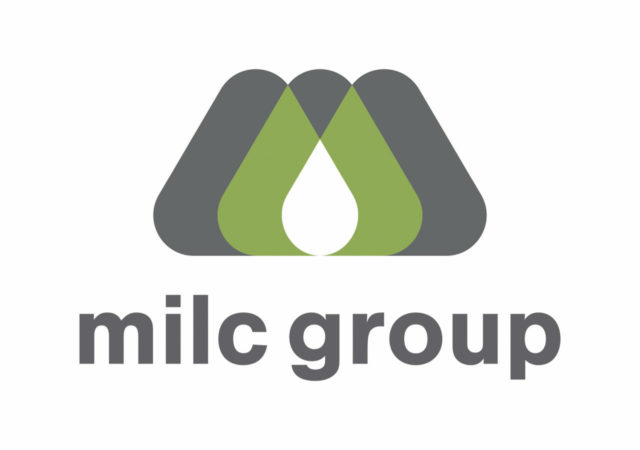Reporting from Bagram, Afghanistan …
My temporary duty assignment is now in its seventh month. My work here in Afghanistan is nearly routine, except for the constant changes in missions based upon security issues.
This month I am writing about women and governance. This is a Muslim country made up of many ethnic people. Here in the northeastern part of Afghanistan, the Hazara people (largely of Mongolian descent), the Tajiks (largely from Tajikistan) and the largest group, the Pashtuns of Pakistani descent, live here in the three provinces that include my area of responsibility. They do work together remarkably well.
The Hazara and Tajiks are farmers primarily, and they live a life based on sustenance farming. The Pashtuns are farmers also, but members of this group have also joined the Taliban. The ISAF, or International Security Assistance Force, is comprised of NATO troops, including U.S. military personnel. These troops are primarily eliminating two threats: the Taliban and poppy production. Both have been in the world news lately, and even our provincial reconstruction team is involved in what is known as kinetic (or combat) action.
Yet what is not in the news is this fact: Women usually lead wretched lives here. This is a bold statement, but it reflects my observations for nearly 200 days in this country. Few, and I mean very few, women participate in the governance of this country. Few are in positions to publicly influence the development of this representative government.
I have more than 70 students in my comprehensive agricultural class. None are women. When I meet with government officials in these three provinces, none are women. When I meet farmers and technical people in the field, none are women.
And I have seen very few women faces. As is now well known in the Western world, in much of the Muslim world women are covered in the burka, a long dress that covers the body from head to feet. Women can see through a small, netted area of the burka, like looking through a cage. The predominant color is blue, but on occasion we see white and pink burkas.
There is no doubt Afghanistan will require many years of rebuilding, including a government structure that is representative, fair, open and responsive to its people. One obvious fact to me is that the sooner Afghanistan melds into a nation state, instead of a composition of tribes and ethnic people, the better off people will be. By many indicators, Afghanistan ranks near the bottom of all quality of life indicators, including literacy, medical quality, diet composition, access to clean water, electricity and access to an open and free press.
The Western model is based upon a separation of church and state. We are governed by laws made in Alexandria (Greek) rather than Jerusalem (monotheistic). This fact does not negate the importance of church or religion but places it in its proper place, which is the realm of personal choice and a matter of deep reconciliation. This fact does place the governance of all people in the nation state under the natural laws made with respect to all people; whereas, no tribe or ethnic group can usurp the whole. The Greeks understood this, and our constitution is based on these laws.
Yet in Afghanistan this is not the case. The laws of Islam are injected into the governance model to the extent that church and state are one and the same. Indeed, exclusion of certain tribes and ethnic groups, or in the case of gender (women), is overt and has resulted in decades of violence. Yes, the current Taliban insurgency into Afghanistan is largely driven by a land dispute (called the Durand Line). And, yes, the largely economic issues of poppy production require a different model (in my opinion) than is currently in place. Though these, I submit, are largely short-term issues that I imagine we and the government of Afghanistan will resolve. From my view here, I see a NATO and U.S. presence for many years.
The longer-term, and in my opinion, the greater challenge is building the Afghanistan governance model. That is, will it remain inexorably tied to Islam, or will it resemble the Western model? Thus, it seems to me that only when church and state are separated, then equality and respect for everyone will truly exist.
As it is now, the exclusion of women eliminates half the talent pool. And certainly women bring skills to governance that complement and not contradict what men offer. To wit, Africa has its first woman president, Ellen Johnson Sirleaf of Liberia.
Can an Islamic nation like Afghanistan be so bold by electing one too? PD
Dr. Mike Gangwer for Progressive Dairyman






